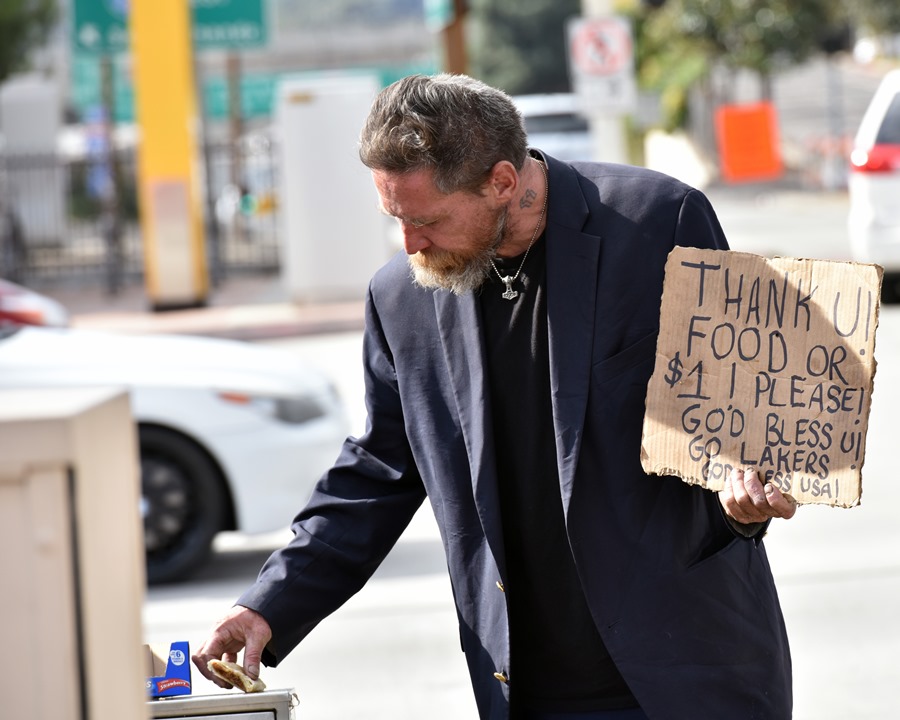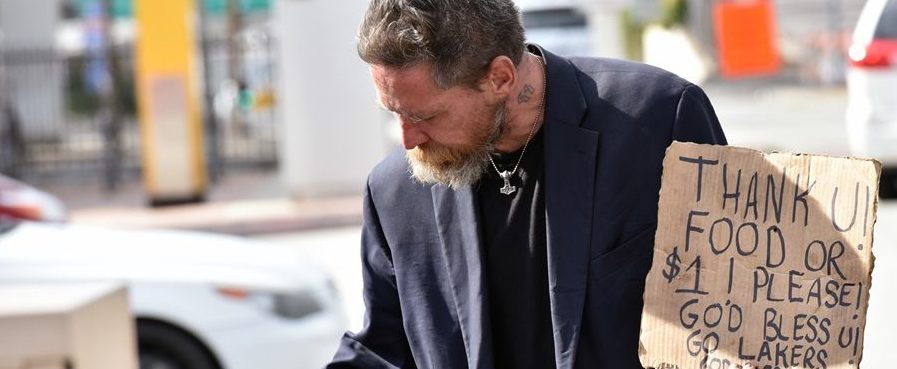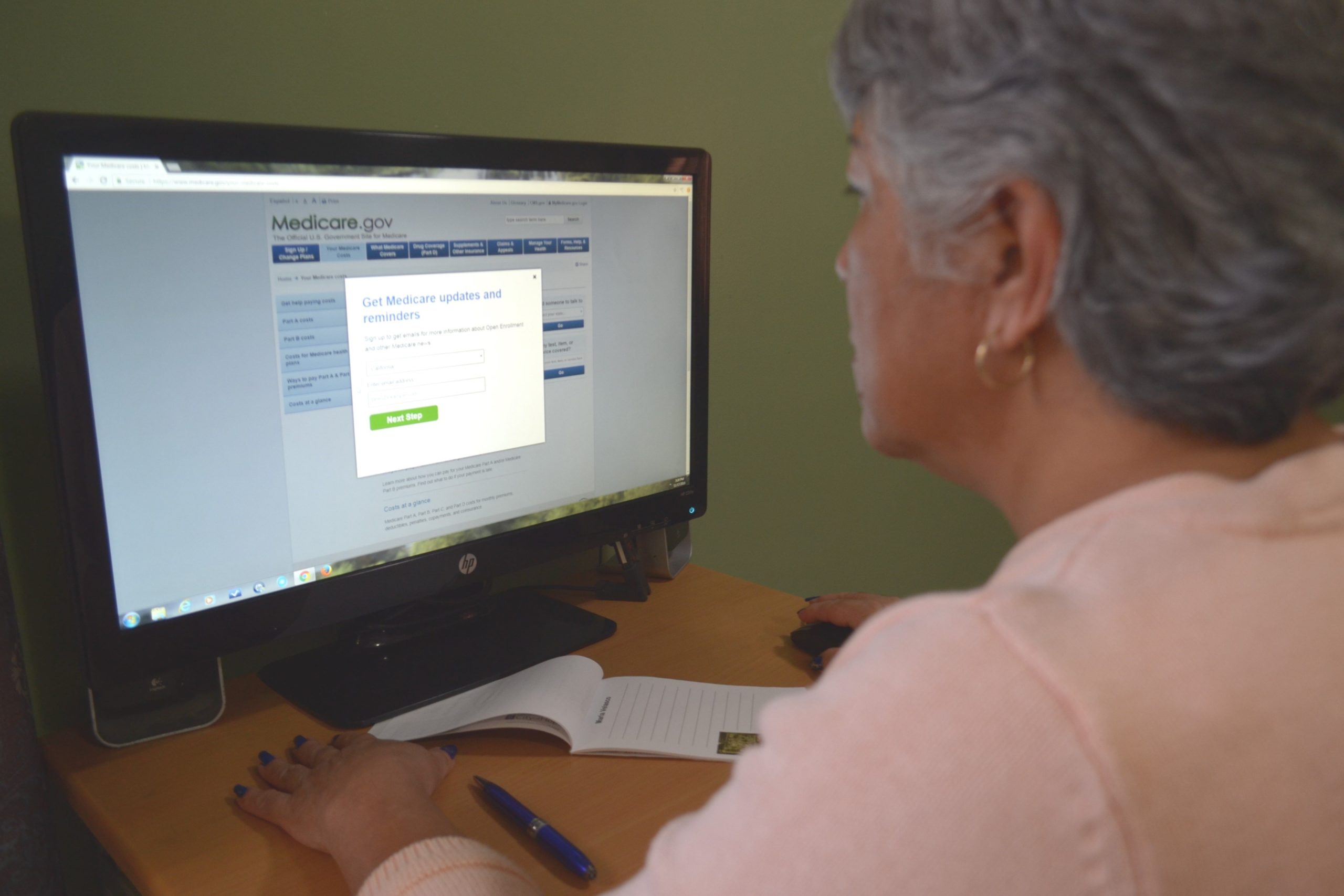
By John Orona
The Pasadena City Council approved a grant application for $1.4 million in homeless emergency aid on Monday. The grant is non-competitive, meaning the city anticipates receiving the full allocation, including more than $500,000 in emergency shelter funding.
“This is our allocation,” City Program Coordinator Jennifer O’Reilly-Jones explained. “It’s not a competitive application so we expect to get the funds.”
The grant is part of the Homeless Emergency Aid Program (HEAP), a $500 million state block grant program created by Senate Bill 850 that aims to provide flexible, direct relief to communities addressing homelessness, according to the state’s website.
The city’s application will be for $1,428,216, which breaks down to $525,556 in emergency shelter funding, $380,000 for housing locators, $237,500 for direct healthcare services, $142,500 for capital improvements, $71,250 in community engagements and a $71,410 cap for administrative costs. A minimum of $71,410 must also be set aside youth aged 18-24 who are homeless or at-risk.
According to the 2018 Pasadena Homeless Count, 677 people experience homelessness in Pasadena, as opposed to 575 last year and 530 in 2016 — a 28 percent increase in the last three years. The report also notes a 33 percent increase in homeless individuals living on the street, as opposed to in shelters, and called for rapid re-housing as one potential solution.
The money will be eligible to be used for housing vouchers, rapid rehousing programs, homeless prevention, emergency shelter construction, and existing shelters among other activities.

“We expect that the large majority [of emergency shelter funding] will go towards motel vouchers,” O’Reilly-Jones said. “These dollars will really help to get people off the street in Pasadena.”
The council briefly deliberated the efficacy of more motel voucher funds after spending more than $75,000 on them in the last fiscal year and expecting about $330,000 in measure H emergency shelter funding to be spent in the next 18 months before concluding there was “absolutely a demand” for the program.
“The motel vouchers are a very important strategy to moving individuals off the street right away to a place where they’re stable, where outreach, trust-building, case management services could occur,” Director of Housing and Career Services William Huang explained.
As well as being a funneling step in the housing services continuum, Huang said the motel vouchers are essential to attracting parts of the homeless community that otherwise wouldn’t receive housing services.
“There is a large portion of the homeless population that will not go into a traditional shelter because they’re afraid,” Huang said, adding some are worried about bringing their belongings, pets and family.
The funds available through HEAP were calculated using Pasadena’s proportional share of the total homeless population and the city’s homeless population range based on the 2017 homeless Point in Time count.
The program also mandates that half of the awarded one-time funding must be contractually obligated by Jan. 1, 2020 and must be completely expended by June 30, 2021 or returned to the Business, Consumer Services and Housing Agency. Funding will be disbursed by June 2019.







